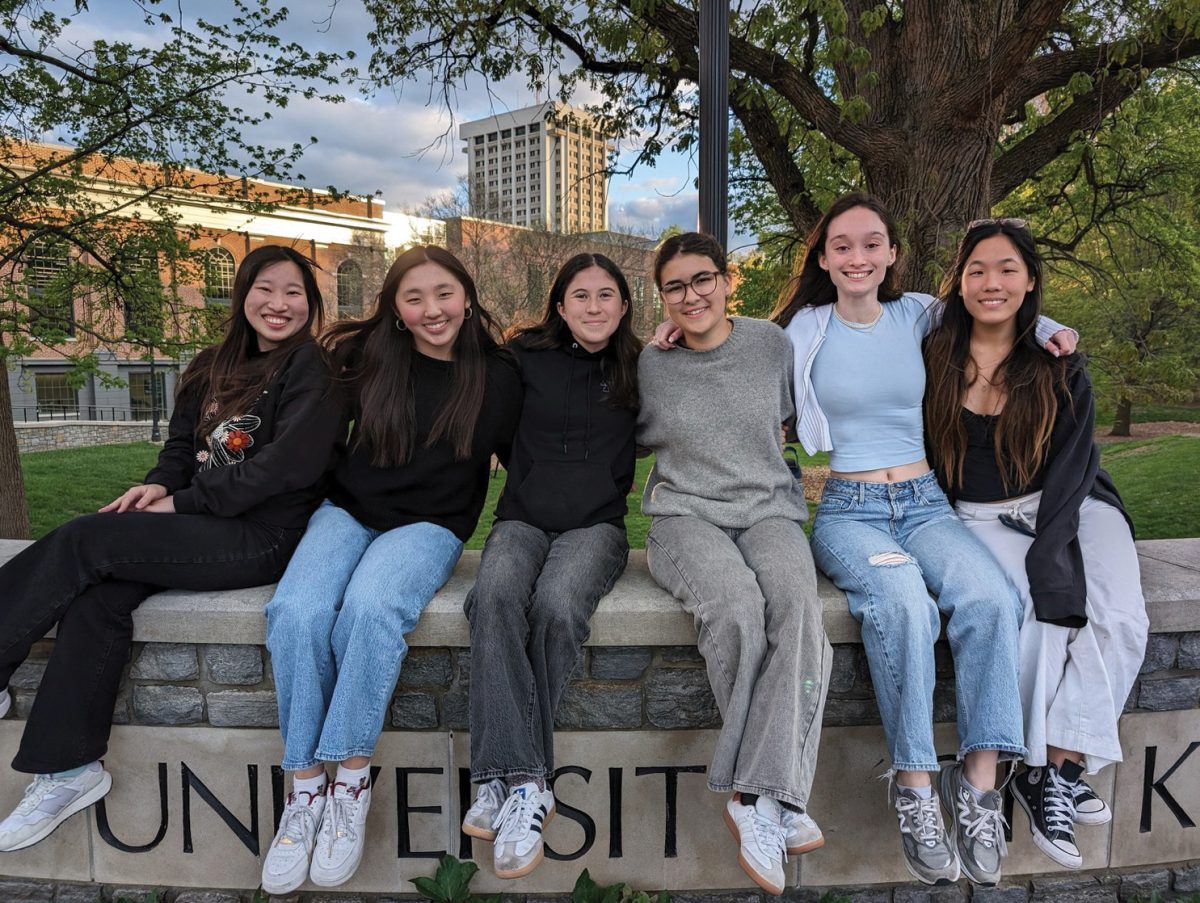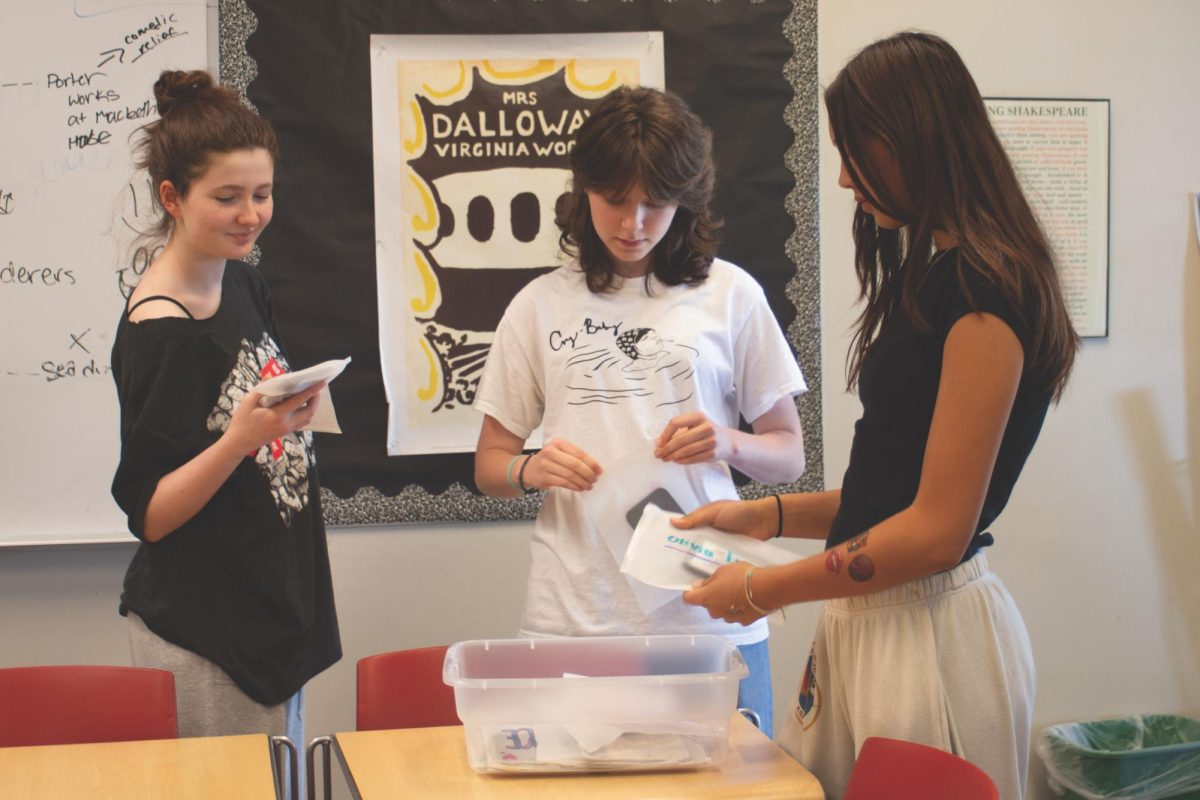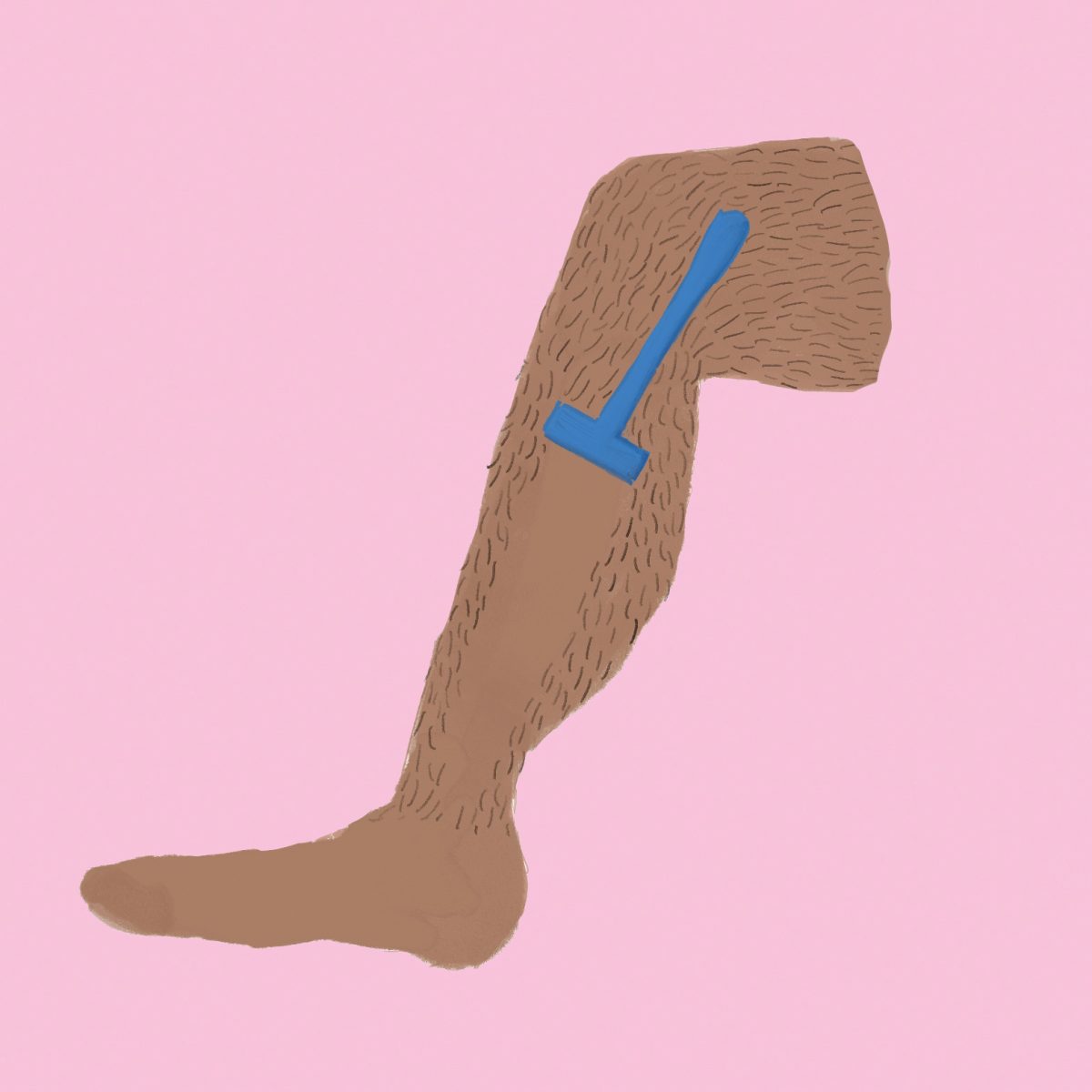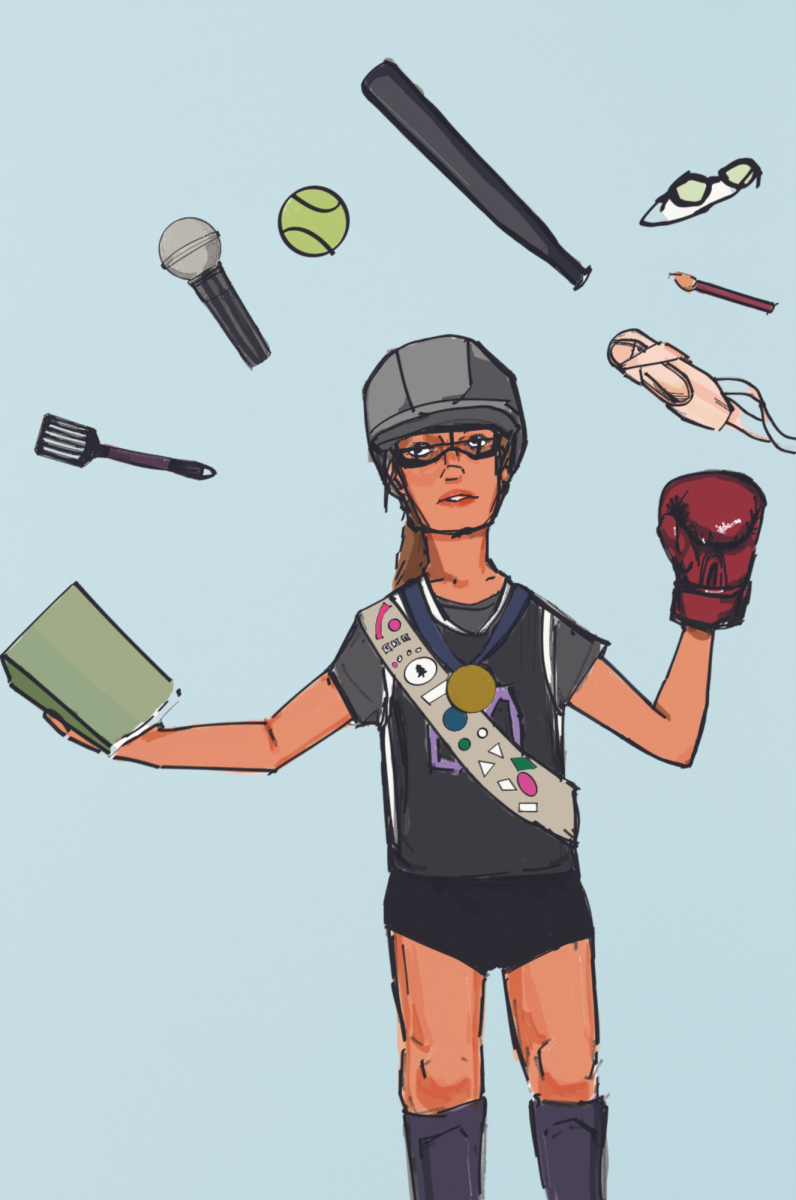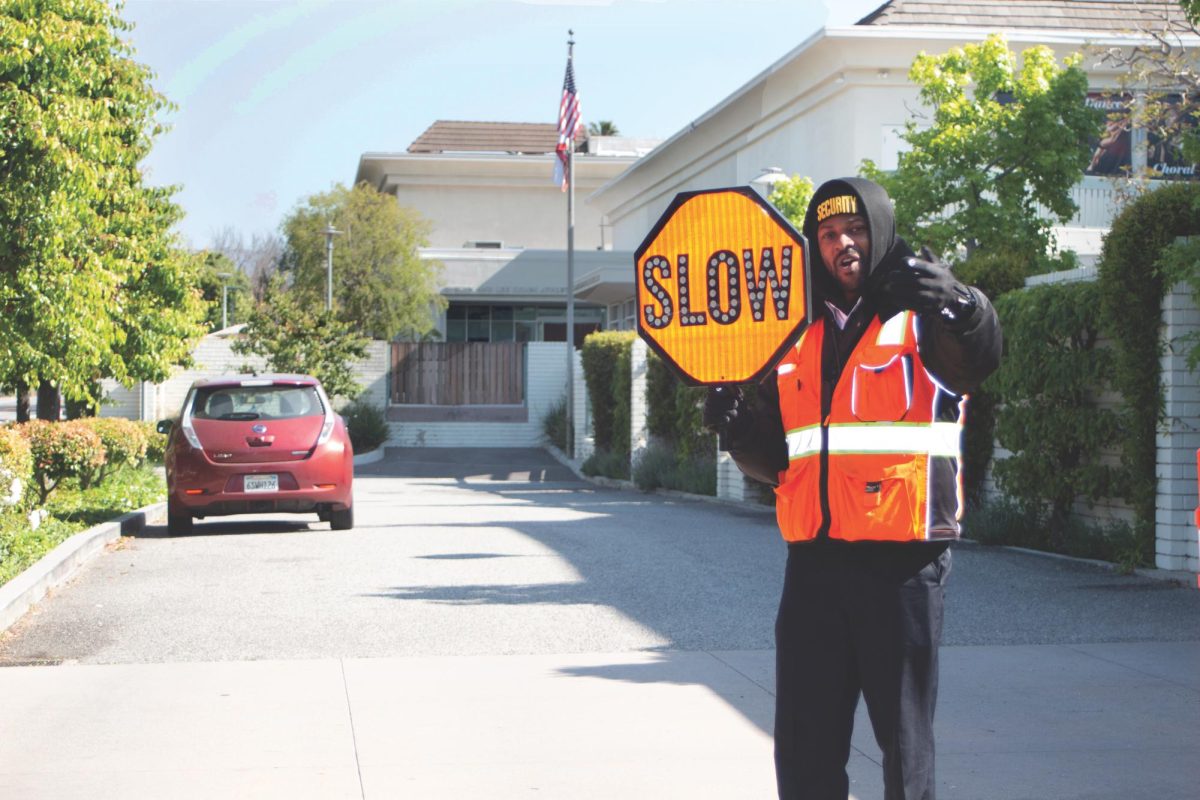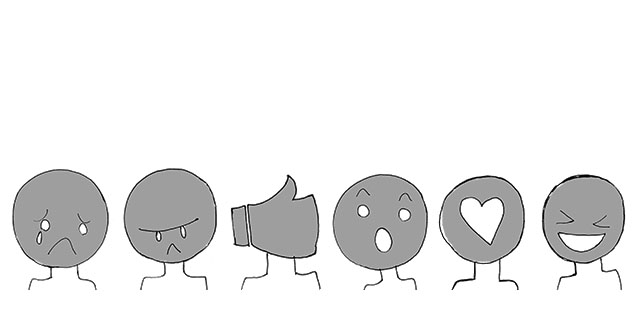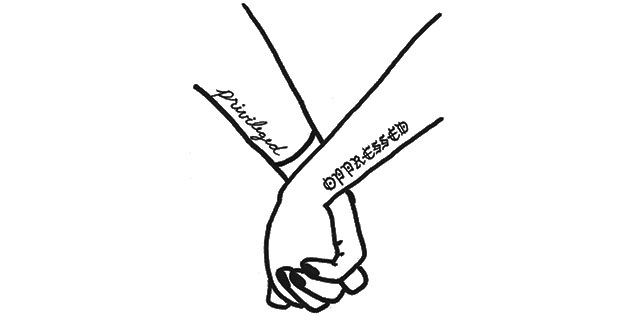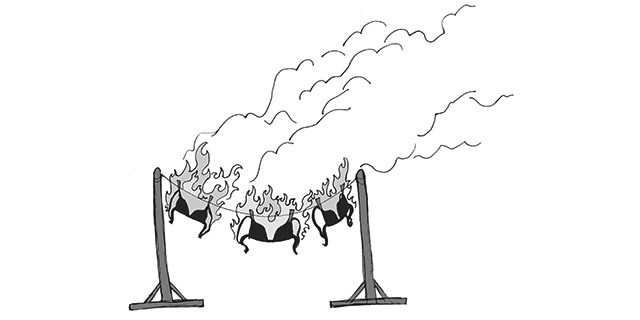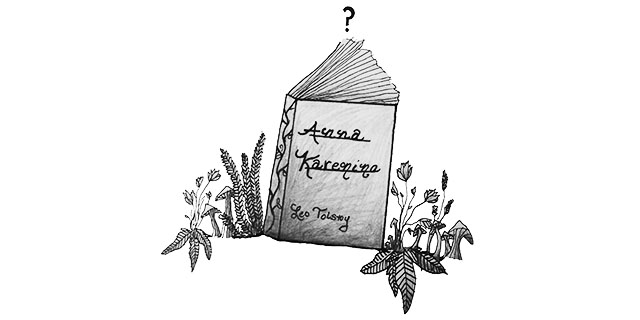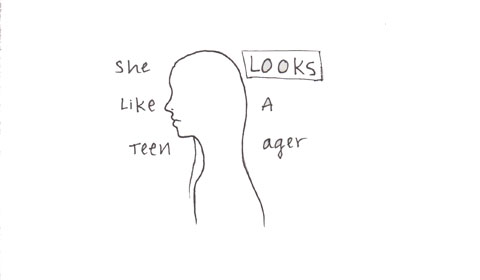
The first time a restaurant offered me a glass of wine, I was 12. I was in Las Vegas for a swim meet, and my family was huddled around a shiny gold tabletop with little dancing Grecian women carved into the sides.
I was wearing what I assume was a Juicy Couture dress, because at that age, I thought the sun rose and set on terrycloth. I shrugged off the wine incident with the few requisite giggles. Those health class videos about how only losers drink alcohol had a potent effect on me. I had only recently graduated from charging people for curse words. (Thanks, Junie B. Jones.)
My parents let the mishap slide. They considered it a one-time gaff by a waiter who, based on the spottiness of his beard, was probably having much harder stuff than wine by the time he was 12.
I tell you this not to impress you with the fact that I was suave enough to be offered wine (I wasn’t; see Juicy obsession above), but because this kind of thing has been happening to me for as long as I can remember.
I’ve been invited to participate in activities that I’ve had no business participating in, simply because I looked physically older than all of my friends. Because of either my towering height or my deep voice, I was, even as a child, continually mistaken to be at least five years older than my actual age. These experiences forced me to grow up a little quicker than I would’ve liked.
You know that phase when you’re right around the age of 13, that precious time in your life when you are plagued with chubbiness, beleaguered with braces, and ailed with awkwardness? I never quite went through that phase. Not because I was pretty—I, too, was in the braces and chubbiness clan—but because I looked like I was about 16. An unattractive 16, to be sure, but 16 nonetheless. And even when authority figures—teachers, coaches—were cognizant of my real age, it didn’t seem to matter. It’s hard to keep telling yourself that a 5’ 8” kid with boobs was just a runt, fresh out of her first year in middle school.
So, expectations for me were a little bit different. I was expected to sit up straighter; I was expected to speak more eloquently; I was expected to have more social graces than my peers.
When I first realized that I was being judged based on how old people thought I was and not how old I actually was, I didn’t totally mind. I could handle the expectations, I told myself. What kid doesn’t want to be treated like a grownup? Turns out, I didn’t.
I wanted to shop in the kids’ section for clothes without being told that something made for my age group looked scandalous when I put it on. I wanted to be allowed to sit at the tweens’ table when we had to go to family dinners.
Also, and perhaps more importantly, I wanted to be able to talk to guys my age without sending them into that numb silence that 13-year-old guys get when they are introduced to older girls. I was the harbinger of said silence at every party.
But, growing up faster (both physically and emotionally), has had its advantages. For one, at every job I take, office folk presume that I’m a recent college graduate and treat me nicely, as if to soften the blows of adulthood. Little do they know, though, that I’m living at home off of my parents’ money, spending most of my days in sweatpants and—wait, that sounds a lot like many recent college graduates. I’m also given more responsibility, because my bosses’ minds don’t immediately go to all of the potential insurance hazards of having a 17-year old complete the tasks they’ve given me. That is to say, when I talk, they see my face, not just a big flashing neon sign that says “LAWSUIT.”


